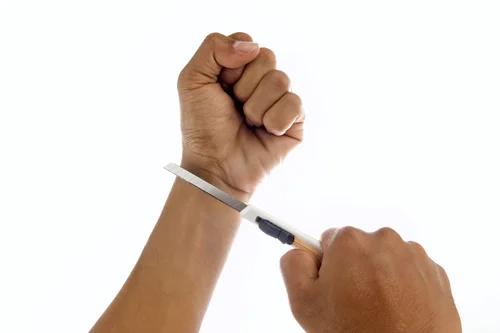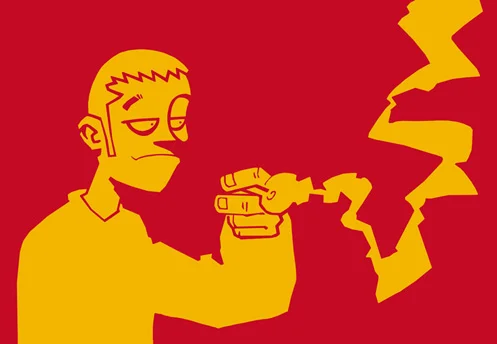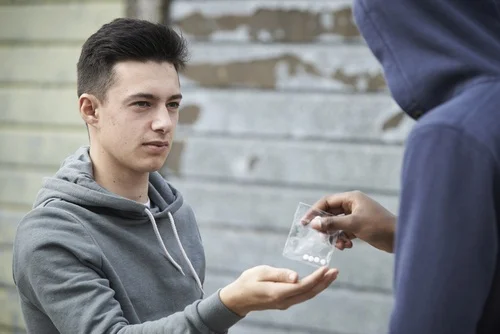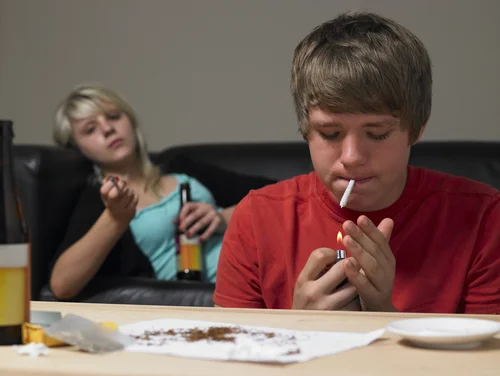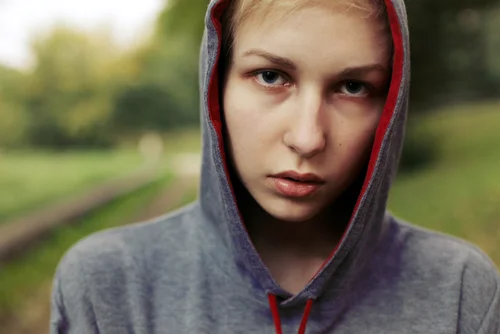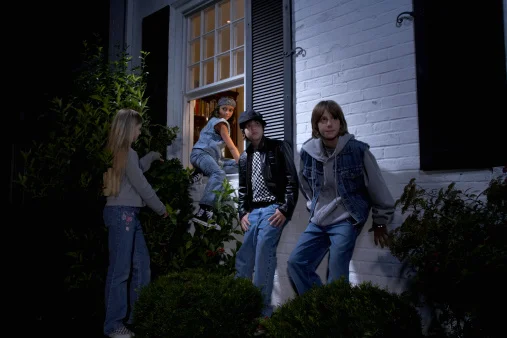+1 845 259 2974 (11 a.m to 7 p.m CST)
Are Antidepressants Causing More Harm Than Good in Teens?
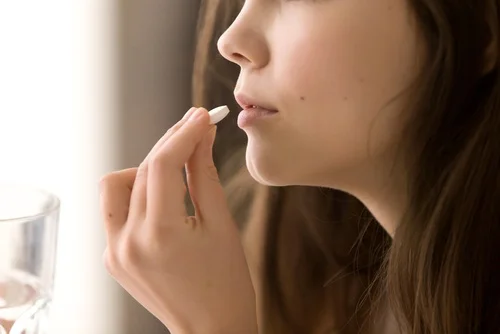
Depression, anxiety, and a couple of mental health disorders have seemed to take a toll on teens’ lives these days. With the rise of social media and other cultural changes, teens may have to go through multiple psychological and mental problems, urging them to opt for suicide. Some of them become depressed while some become isolated. In such cases, medication may seem like the quickest and easiest way to help out the struggling teens. This is where antidepressants step in.
Antidepressants may treat suicidal or struggling teens and also prove to be helpful to some extent but the consequences of using them may not always be good. While they may help out the teens suffering from the mental disorders but in some cases, they may cause more harm than good.
How do Antidepressants Really Work?
We may not be completely able to understand how depression affects a person’s brain, let alone a teen’s brain. Having said that, to some extent, antidepressants are known to put the brain at ease. They impact the working of brain chemicals known as neurotransmitters. These neurotransmitters are basically released to deliver messages between nerve cells that are responsible for triggering dopamine, serotonin, and norepinephrine.
The antidepressants prescribed by most psychologists prevent the neurotransmitters from being delivered back to the nerve cells in the brain. As a result, the circuits in the brain regulating the mood cause the brain to stay stronger.
Even today, the effectiveness of antidepressants on teens still remains nebulous. Despite continuous research by medical professionals, no concrete information has surfaced so far.
Side Effects of Antidepressants
If, on one hand, antidepressants may seem to relieve symptoms of depression in teens, on the other hand, they may also cause some serious side effects that can be dangerous and life-threatening. Some of the major side effects are long-term weight gain, nausea, insomnia, increase in suicidal thoughts, sexual dysfunction, and increased risk of stroke and death among teen adults.
When it comes to teens, it is advised for parents to always look at the long-term health effects of prescribed antidepressants before asking their teens to take them.
Substitutes of Antidepressants
Now that you know antidepressants may cause more harm than good to teens’ health, you would be relieved to find out that medication is not the only approach to help out teens struggling with depression. In fact, many studies have shown that with the help of holistic and clinical methods, depression and anxiety in teens can be treated. These methods can be equally or more effective to help depressed teens than the prescribed antidepressants.
The most popular clinical methods including but not limited to dialectal behavioral therapy, cognitive behavioral therapy, and interpersonal psychotherapy have proven to be helpful and effective in treating anxiety and depression in teens. Apart from the clinical treatments, exercise also plays a huge role in treating the teens prone to depression. One study proves that a thirty-minute exercise done three times in a week can help recover teens from depression.
Along with a proper workout schedule, mindfulness practices such as yoga and proper diet routine can also help reduce anxiety and depression in teens.
In the end, we may conclude that teens and antidepressants do not make a healthy mix. Before making them take prescribed antidepressants to help treat depression, parents must explore what other treatment options are available for their child. Only then they should take a wise decision.

